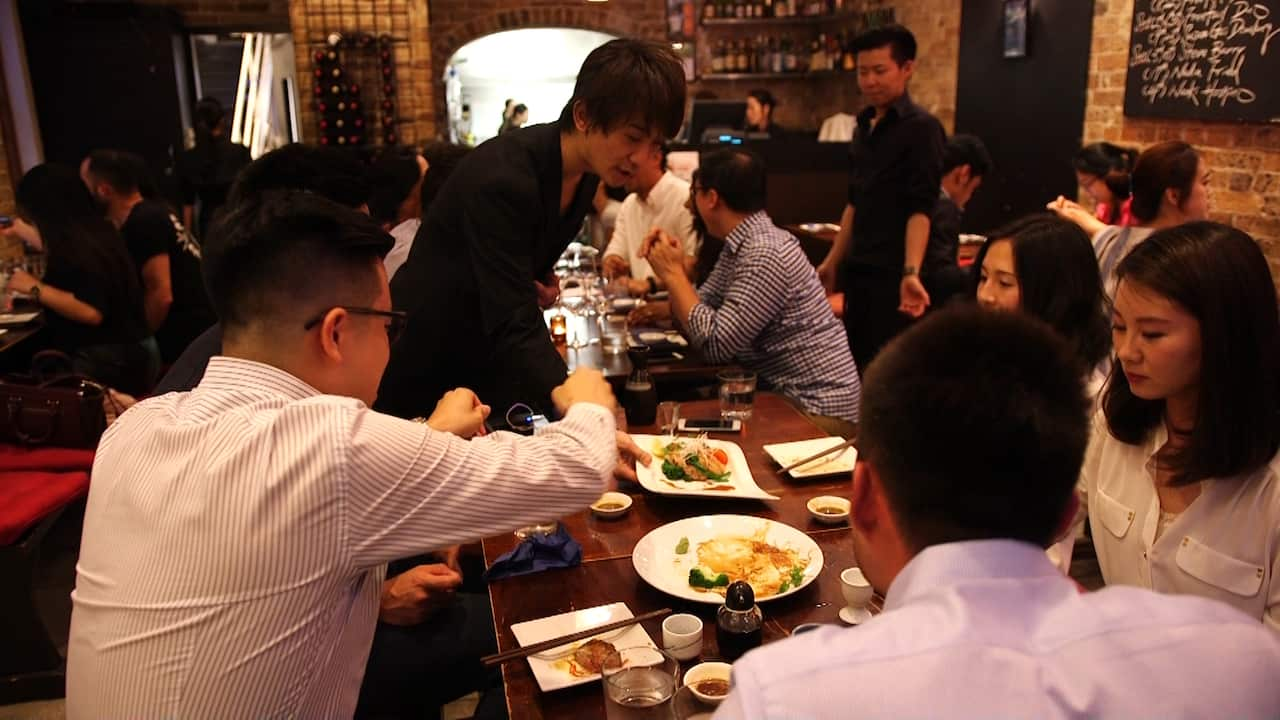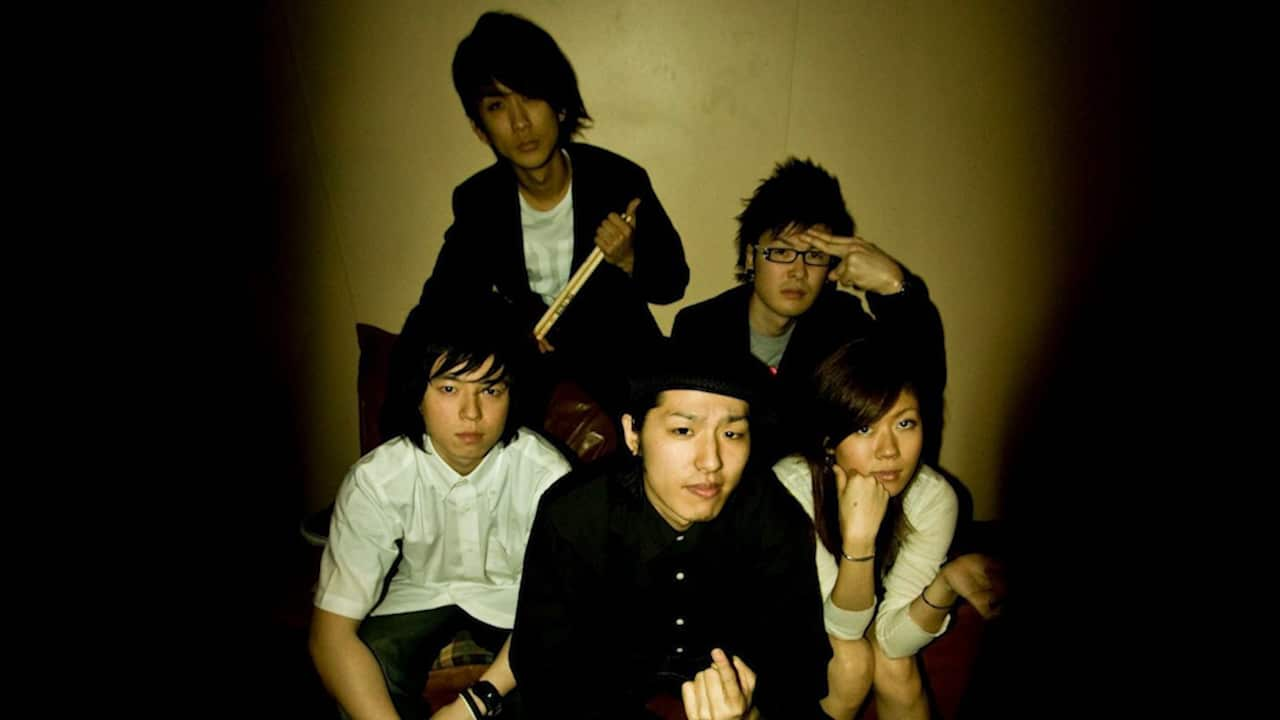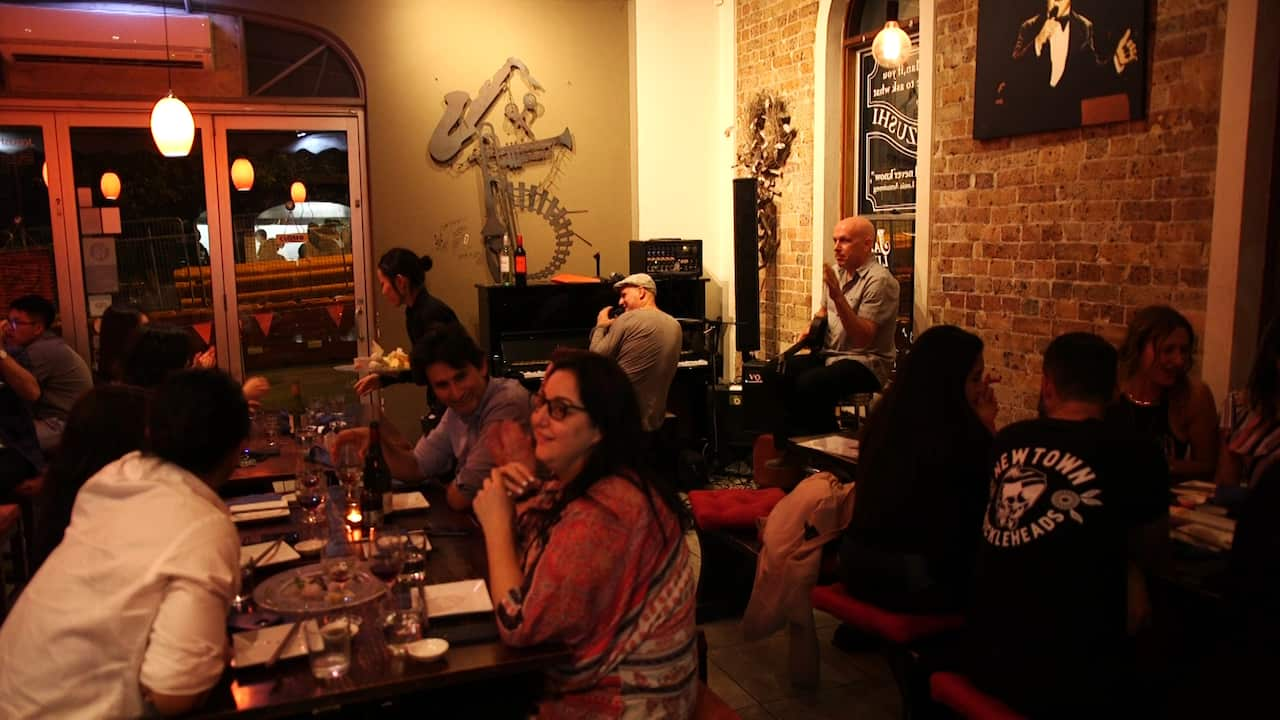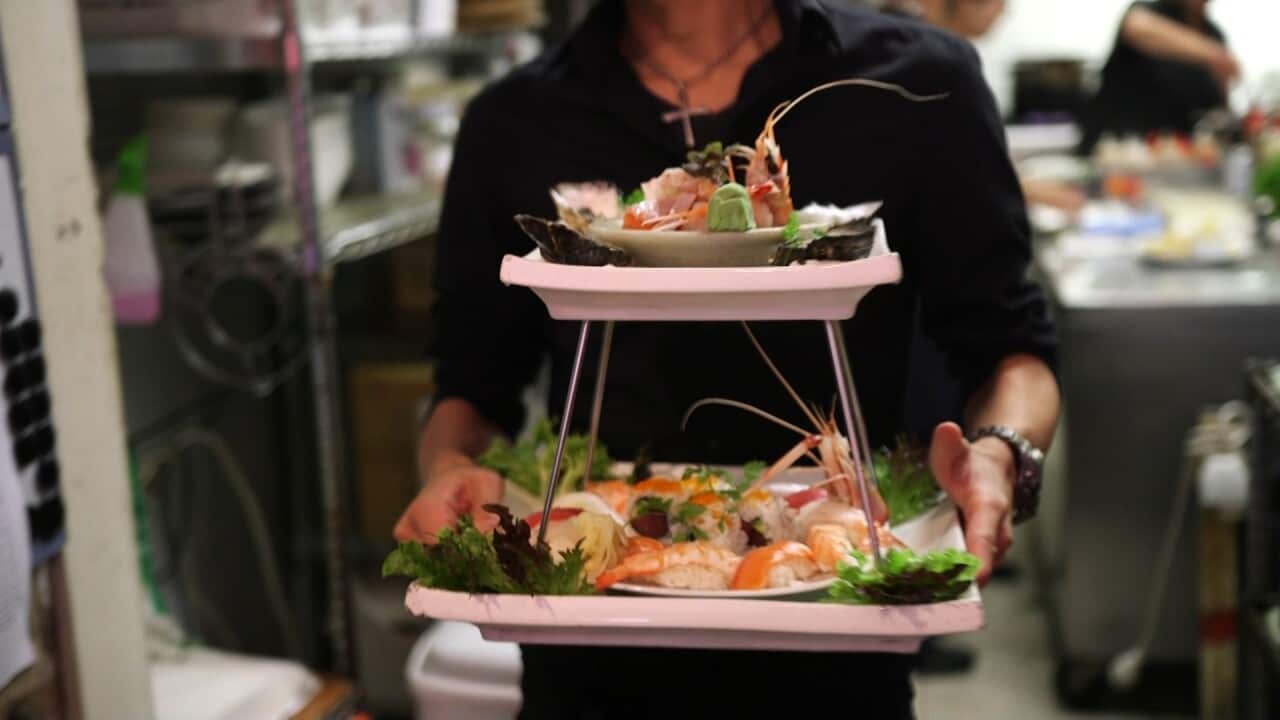Japanese born Yuki Ishikawa has always had music in his blood. Growing up in Tokyo, London and Germany before arriving in Sydney at 18 years old in 2000, Ishikawa was instantly taken with the city’s laidback feel.
However, he was aware that there were fewer music venues than back at home in Tokyo. 18 years later, he now owns the candidly named Jazushi, a Japanese restaurant that combines nightly live jazz with a fusion Japanese menu that includes the popular Camembert tempura as well as a traditional selection of sushi.
“After I graduated from High School, my family was living in Sydney so I arrived here I just loved it here. The culture, the people, the beaches, like everyone is friendly. The lifestyle was different from Tokyo which is really busy and everyone is stressed out. In Sydney everyone is relaxed, so while I still like Japan I like to be here.” Ishikawa says.

He soon turned to pursuing a career as a musician, playing drums and percussion in a band which drew on his rich family history in music.
“I started to learn piano when I was six years old and I started to play percussion drums when I was 15. My Dad plays jazz guitar and banjo and my mother plays classical clarinet and my sister is a professional violinist in Japan so music was all around me all my life.”
He was forced to reconsider the path he was on when at 25, his band disbanded.

“After it disbanded I had no money no dream and no life and so I came to this restaurant Jazushi which had been there for 13 years."
"I came in as a customer and I thought wow, good food, music and drinks and lots of smiles. I thought that’s what I’m looking for in my life and I started working here as a part time wait staff.”
Ishikawa eventually worked his way up to become the General Manager, and after four years of the business flourishing under his management, he had earnt the trust to move from employee to owner.
“As a manager, I was not only doing management but I was also pretending I was the owner so I could be ready. My policy of hospitality is not only giving them good food and services but making sure we exceed the customer’s anticipation. I call it Japanese OMOTENASHI hospitality.”
Much of his learning was on the job and seeking out knowledge.
“I was inexperienced and didn’t know anything about running a business so when I became manager and owner, I read so many books, went to lots of seminars and just learnt from other business owners. The most important things are respect, appreciation and learning from people.”

He was firm on his commitment to play live jazz every night despite the overhead costs, which he absorbed.
"We don’t charge entry fee... so it’s simply an extra cost for the restaurant as compared with any normal restaurant where there's no live music, but I don’t want to stop it."
"I love to support local musicians because I know how hard it is to be a musician and I want to keep giving them opportunities to do their great music.”
It's no easy feat for the small business, and Jazushi faces a plethora of other challenges.
Ishikawa says the 457 visa changes have placed pressure on making sure he is able to have the best Japanese chefs in his kitchen, as he can no longer hire someone from Japan and needs to rely on a limited supply of Japanese chefs in Sydney.
Sydney's light rail construction is also been a major challenge to the business’s foot traffic; however, a healthy base of regular customers has kept Jazushi a vibrant venue.
As for the future, Ishikawa wants to focus on supporting local musicians in Sydney and potentially back in his home country.
“I really want to support local musicians and I might open a musical bar in Surry Hills or Darlinghurst in the future. I might even open Jazushi in Japan.”
Watch this story at the top of the page, or catch the full episode on SBS On Demand.
Sharing business secrets of inspiring entrepreneurs & tips on starting up in Australia's diverse small business sector. Read more about Small Business Secrets
Have a story or comment? Contact Us


